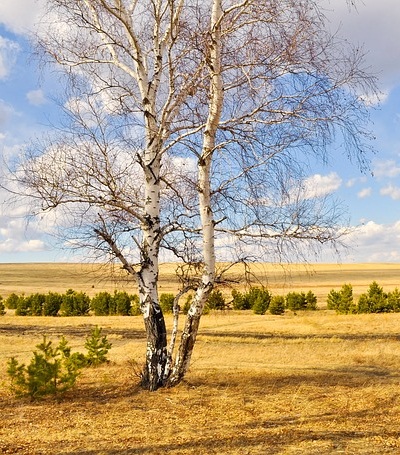NAU Researchers Discover that Microbes Take Varying Biochemical Pathways
Researchers at Northern Arizona University have gathered evidence that soil microbes are using various biochemical pathways in processing carbon as nutrient. While most scientists believe in one-carbon metabolism, much of this belief could be wrong. Scientists at the NAU reported that soil metabolism among microbes occurs in different pathways from soil to soil.
At NAU’s Center for Ecosystem Science and Society, biology professor Paul Dijkstra who is also the lead author of the study said that generally, ecologists do not think of soil metabolism as occurring in pathways. Yet Prof. Dijkstra said they found evidence that different soil communities trigger varying biochemical reactions as each has its own set of enzymes and coenzymes.
What Makes the Different Soil Biochemical Reactions Important?
Professor Michaela Dippold who teaches geo-biosphere interactions in Germany’s University of Tübingen and also co-author, said it’s important for researchers to know how to identify which of the microbes are highly optimized for metabolism. That way, ecologists can support their efficiency, considering that grazing and predatory microbes could control a soil community.
The German professor added that improving the ability to manipulate and control soil microbial processes, will allow mitigation of greenhouse gas emissions and as well as lessen the detrimental impact of climate change on soil conditions.
